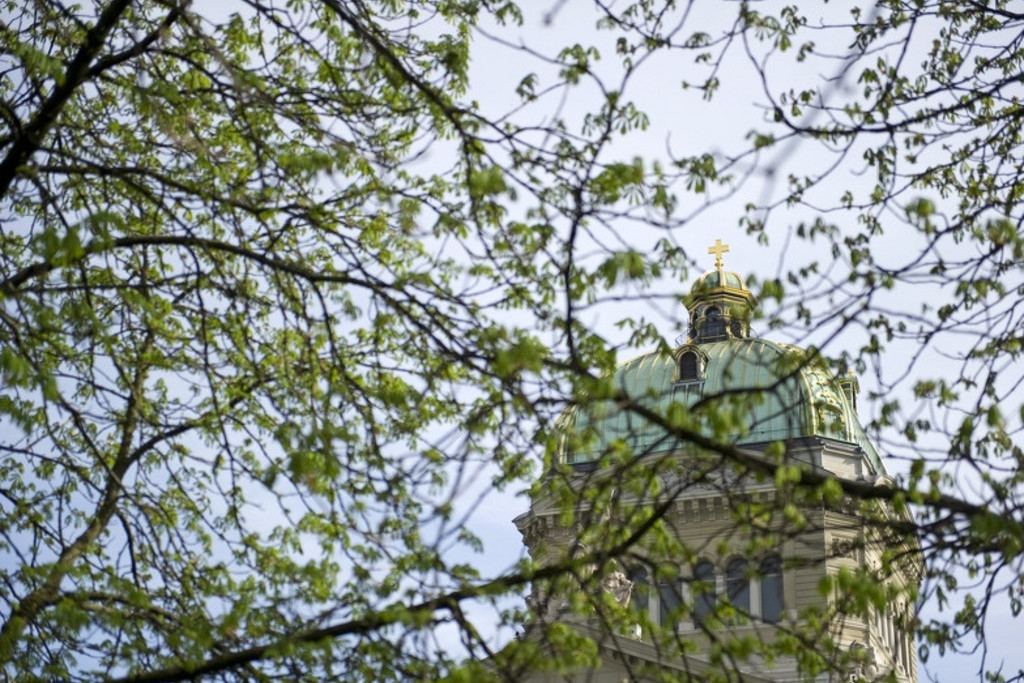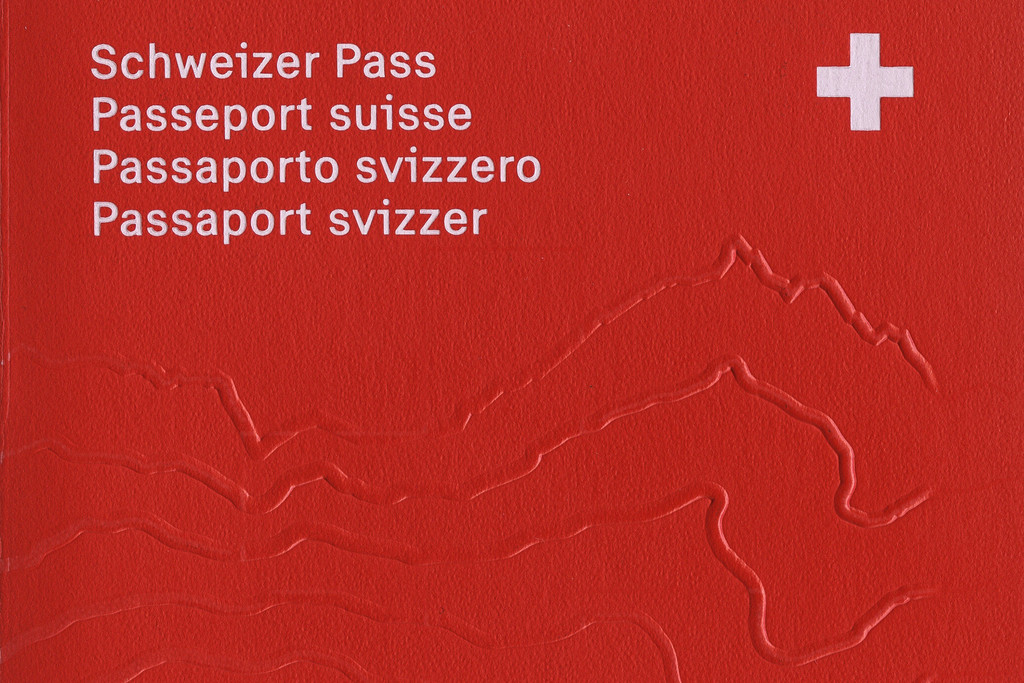
Votes and Elections

Changes to OASI – what these mean for the Swiss Abroad
Aus dem Bundeshaus

Votes and Elections

How can I acquire Swiss nationality from outside the country?

Elections and votes

Swiss culture on the international stage
![[Translate to en:]](/fileadmin/_processed_/7/d/csm_bundeshaus-by-thomas_c156edfbe4.jpg)
The federal administration, the semi-public enterprises and the ETH Domain (the Federal technical universities and research institutes) are seeking to improve their energy efficiency. Federal Councillor Doris Leuthard, the CEOs of Post, Federal Railways SBB, Swisscom and Skyguide as well as the President of the ETH Board have signed a declaration of intent.
Around 2 % of Swiss energy consumption is accounted for by the federal administration, the ETH Domain and the semi-public enterprises SBB, Post, Swisscom and Skyguide. They have continually increased their energy efficiency and reduced their energy consumption for a number of years now. As part of the 2050 Energy Strategy, the Federal Council is now providing a set of measures which aims to improve the energy efficiency of the federal administration, the semi-public enterprises and the ETH Domain by 25?% by the year 2020 compared to 2006. Federal Councillor Doris Leuthard and the CEOs of the semi-public enterprises signed a joint declaration of intent to this effect on 27?November 2014.
Swiss Federal Railways, the SBB, plans only to use electricity from renewable sources for its operations by 2025. It increased its energy efficiency by around 14?% between 2006 and 2013, while transport volumes rose annually at the same time. Train drivers are able to reduce energy consumption thanks to an energy-saving way of driving. Adaptive control provides direct in-cab speed recommendations. The rolling stock is also becoming more energy-efficient. For example, trains are only heated or cooled when they are in operation.
The Post reduced its energy requirements by 6 % and increased energy efficiency by 19 % between 2006 and 2013. This was primarily achieved by using vehicles with alternative drives. With 5,500 electric scooters used for the delivery of letters, the Post has the largest such fleet in Europe. Electricity requirements are entirely met with certified green power. Further measures concerning logistical operations and its computer centres are planned for the coming years. PostAuto is testing the use of battery-operated buses.
Thanks to measures already implemented, Swisscom increased energy efficiency by 24.5 % compared to 2006. The recently opened Swisscom computer centre in Bern-Wankdorf will produce further improvements in energy efficiency and in the use of waste heat. In total, energy savings were made by customers equivalent to the power consumption of around 15,000 households and the CO2 emissions of 70,000 cars.
Switzerland’s air traffic control company is not only pursuing measures to improve efficiency in the management of air traffic. Skyguide replaced ceiling lighting with LED fixtures at its control centre in Wangen near Dübendorf in 2013, for example. Specific measures concerning approach control and airspace management are being implemented and will achieve significant energy savings for the airlines.
The Swiss Federal Institutes of Technology in Zurich and Lausanne as well as the Paul Scherrer Institute and other research institutions have increasing student numbers and maintain energy-intensive, large-scale research facilities. Lecturing and research in new fields and technologies have been expanded. Despite this growth, per-capita energy consumption fell and energy efficiency was improved. A good example is the new building of the Swiss National Supercomputing Centre (CSCS) in Lugano, which is one of the most energy-efficient computer centres in the world. In the field of energy research, the ETH Domain is making targeted investment in training, science and direct technology transfer to industry.
The programme adopted by the Federal Council in 1999 concerning systematic resource and environmental management (RUMBA) is the federal administration’s main instrument for reducing its environmental pollution. At the buildings of the RUMBA sections, energy consumption fell by 8.4 % from 2006 to 2013. The use of heating oil and natural gas was reduced by 45 %. Through RUMBA, the Federal Council intends to cut the federal administration’s environmental pollution by at least 20 % from 2006 to 2020.
The 2014 initial report “The Confederation: exemplary in energy” of the Swiss Federal Office of Energy provides an overview of the measures aimed at increasing energy efficiency in the aforementioned areas.
Comments